Fair Representation: Criminal Litigation Legal Experts
Fair Representation: Facing criminal charges is a daunting experience. Indeed, the stakes are incredibly high. A person’s liberty, reputation, and…
Top Lawyers in Chennai to offer Legal Opinion for Property Law. Rajendra Law Office indeed offer the best Legal Services in Tamil Nadu India 24/7
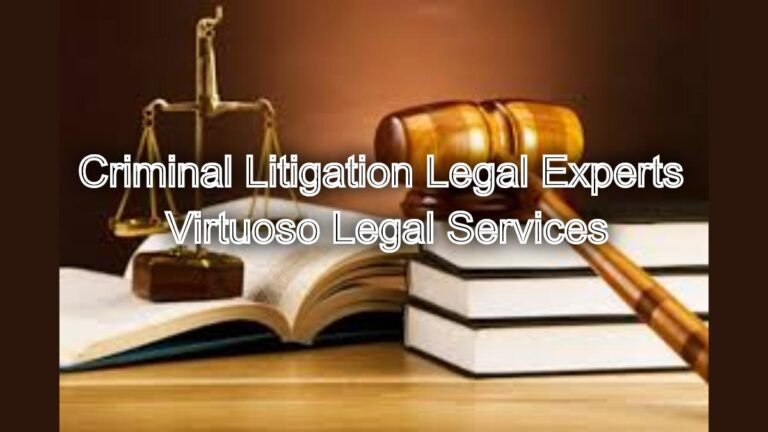
Fair Representation: Facing criminal charges is a daunting experience. Indeed, the stakes are incredibly high. A person’s liberty, reputation, and…
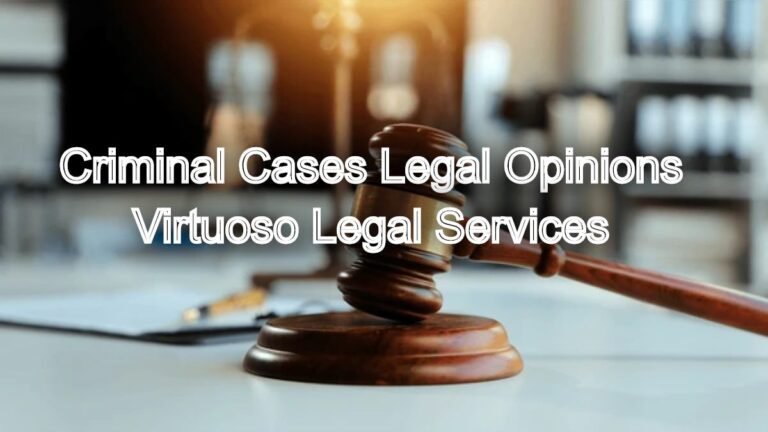
Criminal cases fundamentally impact individuals’ lives. They determine liberty, reputation, and future prospects. Consequently, navigating the intricate criminal justice system…
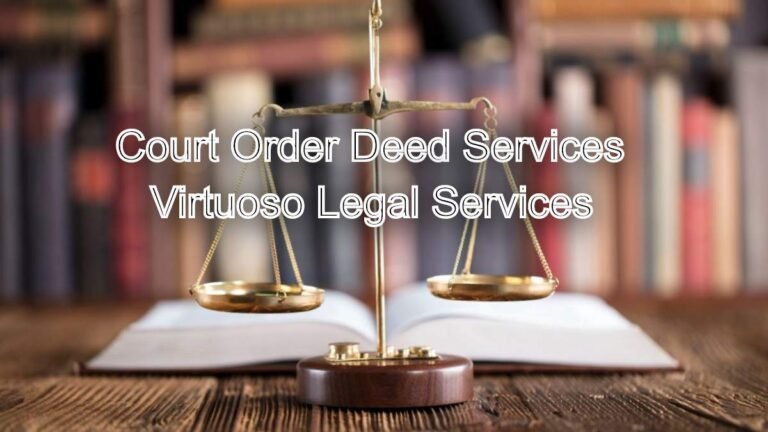
Ensure Legal Compliance: A court order signifies a legal victory. It represents a resolution. However, the order itself is often…

Celebrate Love Legally: Marriage is a beautiful union. It marks the beginning of a shared life. Couples choose different ways…

Safeguarding Business Interests: At Virtuoso Legal Services – Expert Legal Solutions 24×7, we understand that your business is more than…

Protecting Creative Works: In today’s world, creativity drives innovation. Artists, writers, musicians, and software developers produce original works. These creations…
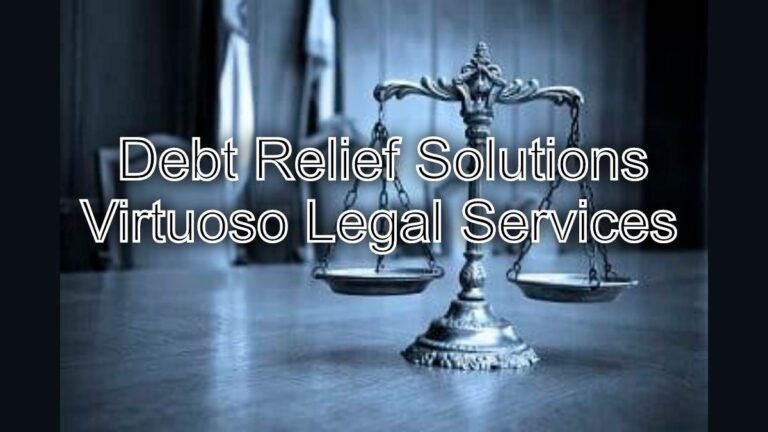
Debt Relief Solutions: Debt can feel overwhelming. It can cause stress and anxiety. Many individuals struggle with consumer debt. This…
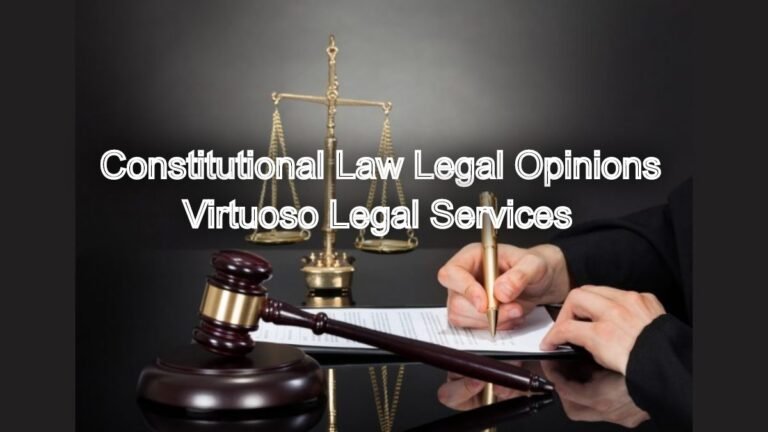
Upholding Constitutional Rights: The Constitution of India stands as the supreme law of the land, a living document. That enshrines…
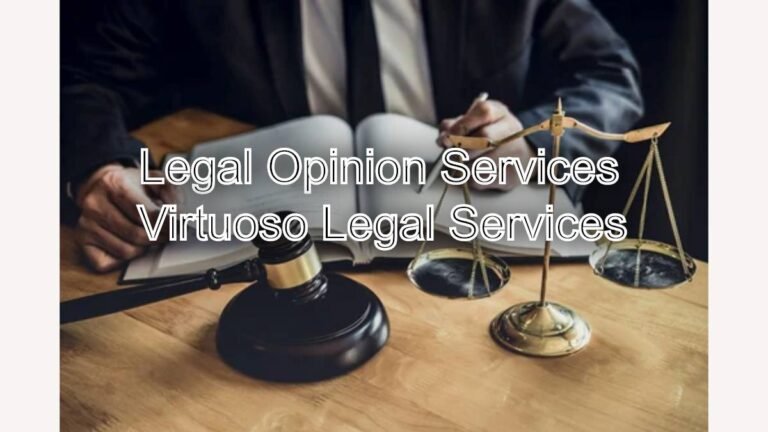
Compensation Guaranteed: In the intricate maze of legal proceedings, businesses and individuals frequently seek clarity and assurance. Consequently, the need…

In the intricate tapestry of modern business, corporate laws serve as the framework, guiding companies through their lifecycle from inception…